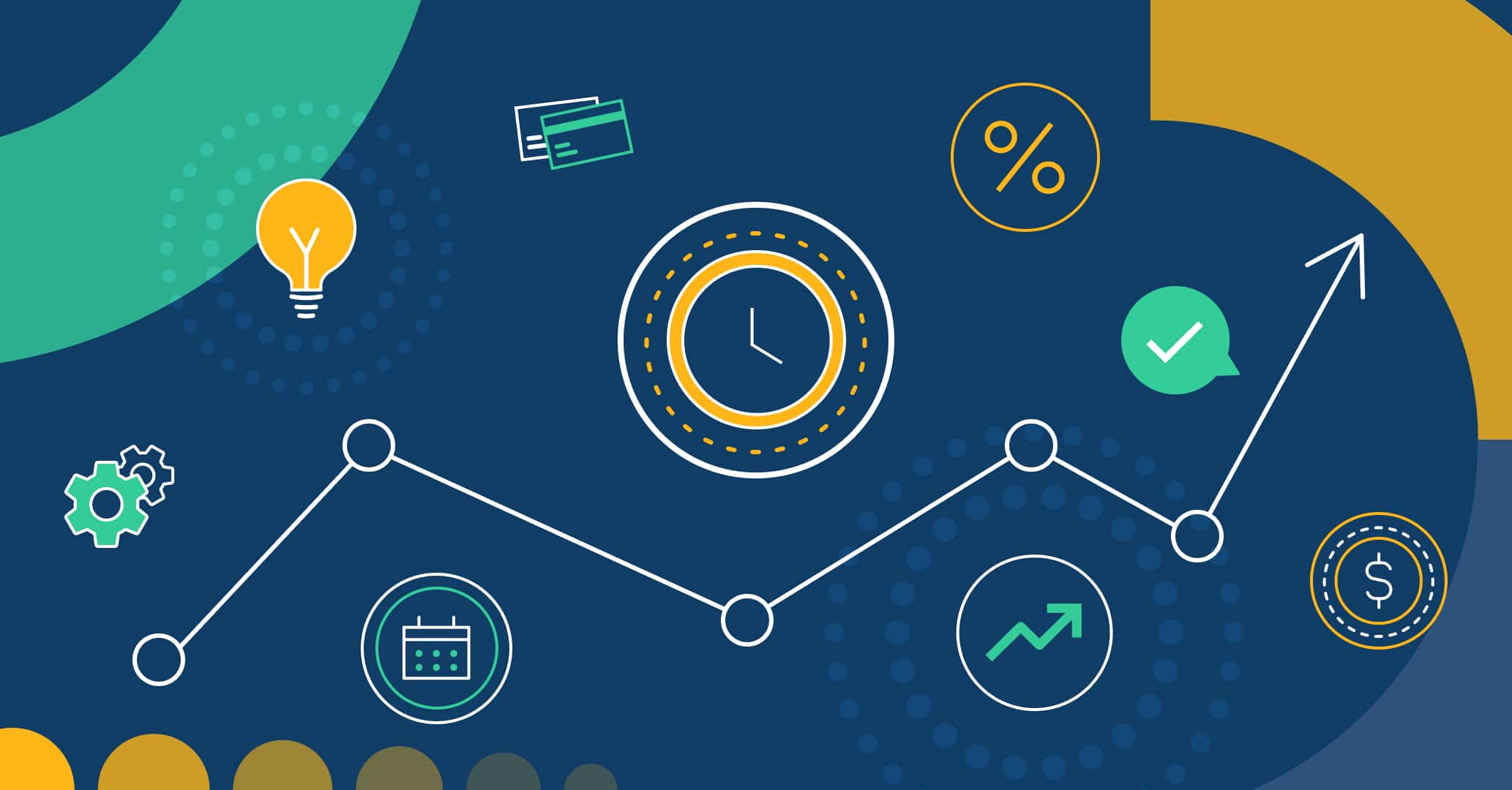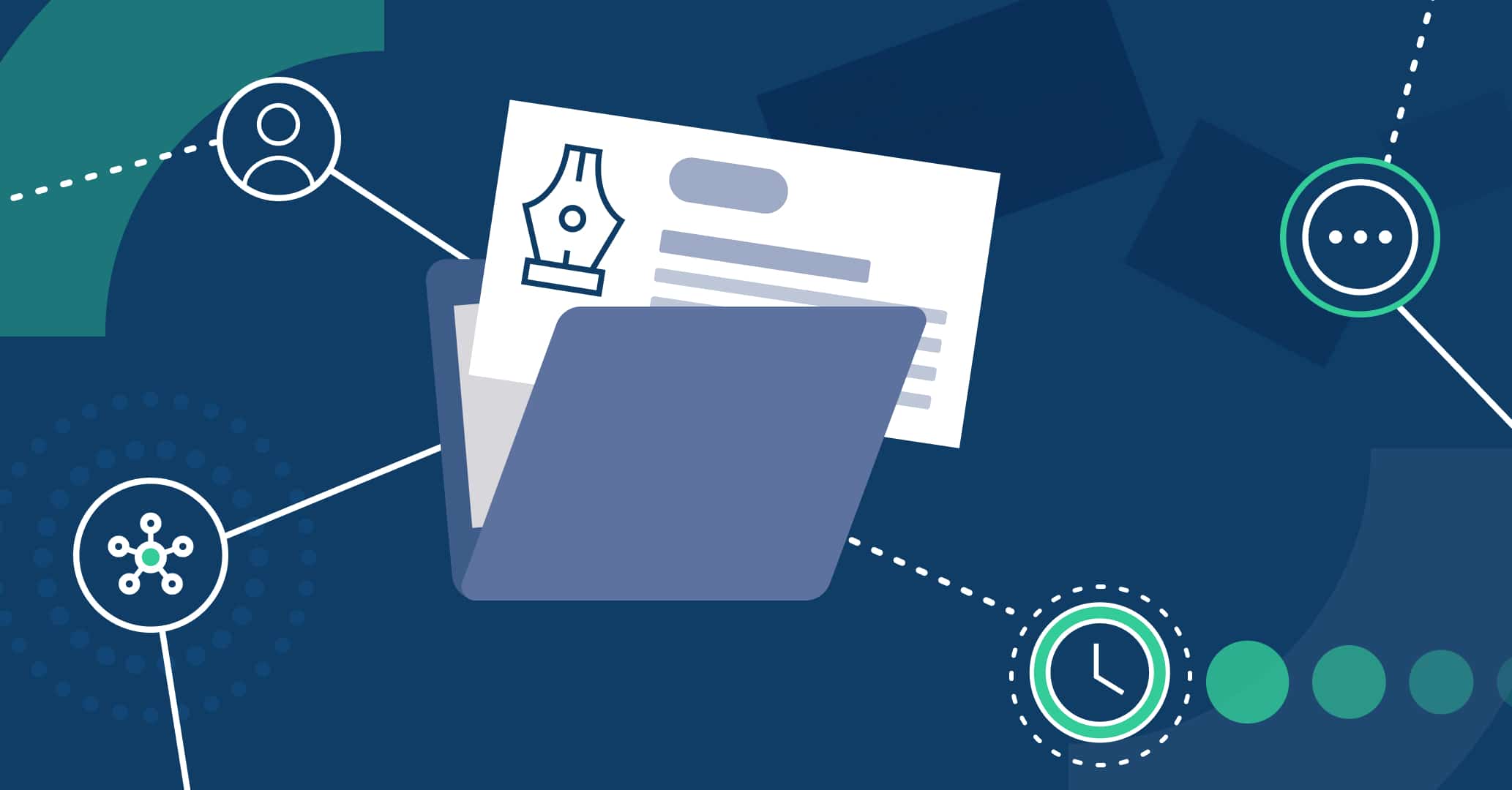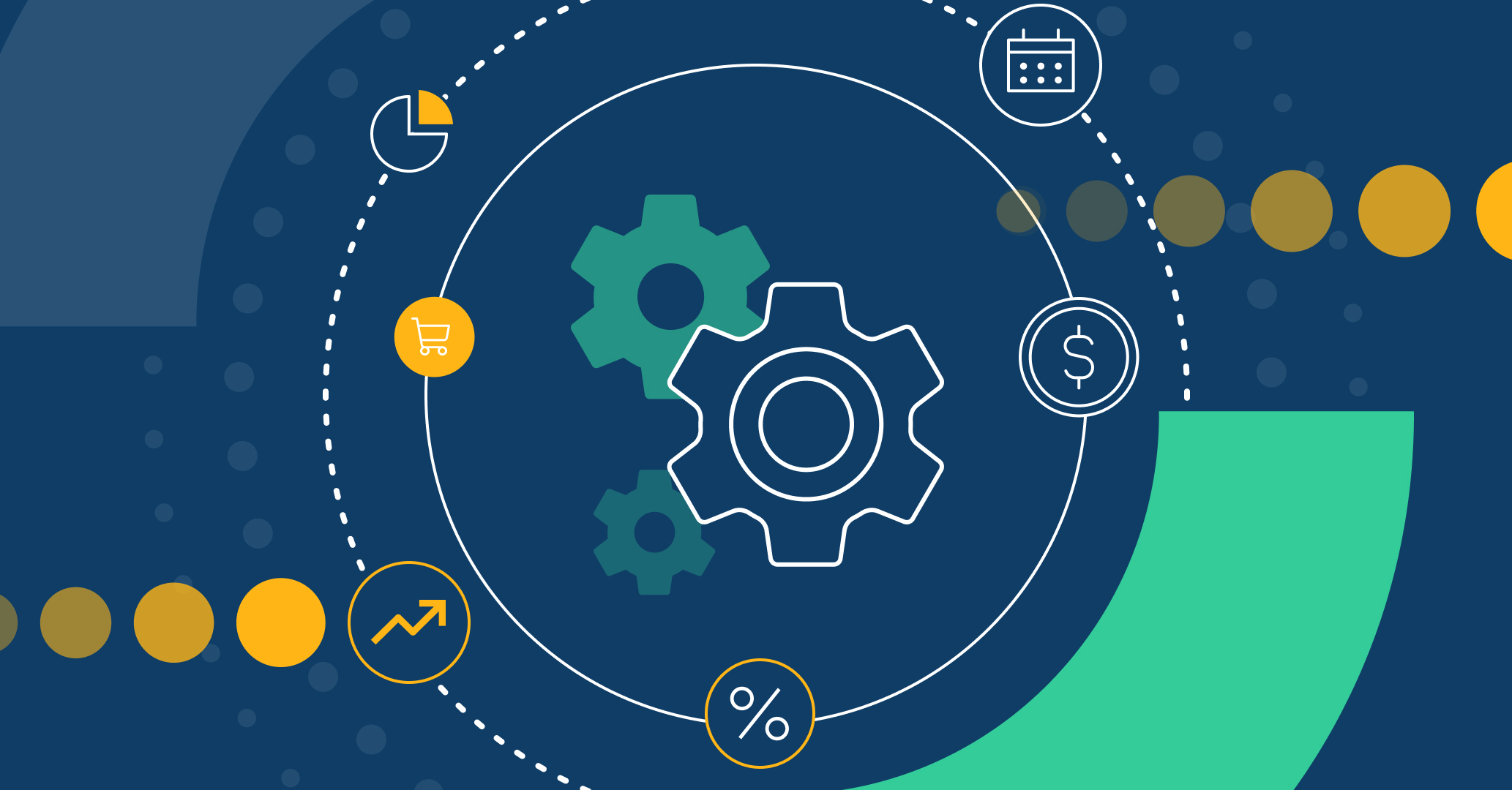In a world where the business landscape changes as rapidly as the latest tweets, we need to employ cutting-edge technologies to stay competitive. One such transformative technology is Artificial Intelligence (AI). Incorporating AI in various processes, especially automation, can dramatically improve the efficiency of businesses. This article provides an in-depth look at how this can be achieved.
The Era of AI and Automation
Defining AI and Automation
Artificial Intelligence or AI refers to the capability of machines or computer programs to mimic human intelligence. This intelligence enables machines to learn from experience, adapt to new inputs, and perform tasks that typically require human intellect. Such tasks may range from understanding natural language to recognizing complex patterns.
On the other hand, automation signifies the use of technology to perform tasks without human intervention. This involves applying control systems and information technologies to reduce the need for human work in the production of goods and services.
When AI and automation are combined, we get a sophisticated system that can perform complex tasks with minimal human intervention. Such systems can operate around the clock, learn from their mistakes, and even make decisions based on the data they process.
The Evolution and Current State of AI and Automation
The concept of AI and automation isn’t new. We have been using these technologies in some form or another for many years. However, in the last decade, we have witnessed unprecedented advancements, mainly due to the development in machine learning and deep learning.
These technologies have been made accessible to businesses of all sizes, thanks to the advancements in cloud computing. Now, even small businesses can afford to implement AI and automation in their operations.
The future of AI and automation is looking even brighter. According to a report by Gartner, by 2025, AI will be ubiquitous in most software products and services. Furthermore, businesses that do not incorporate AI into their processes risk falling behind their competition.
Improving Business Efficiency Through Process Automation Using AI
How AI Automation Enhances Efficiency
So, how exactly does automation of processes by AI enhance business efficiency? The answer lies in the capabilities of AI and automation. Let’s delve into the ways process automation using AI can improve business efficiency.
Reducing Operational Costs
Automation eliminates the need for manual labor in repetitive tasks. This reduction in labor cost contributes to an overall decrease in operational costs. AI enhances this by optimizing the automation process, leading to even more savings.
Increasing Productivity
AI-powered automated processes can perform tasks at a speed that is unachievable by humans. Also, machines do not need breaks or vacations, which means they can work round-the-clock without any reduction in efficiency.
Improving Accuracy
Even the most meticulous human workers are prone to errors, especially when performing monotonous tasks. However, machines do not suffer from fatigue or loss of concentration. Once programmed correctly, they can perform tasks with a high level of precision consistently.
Enhancing Scalability
As businesses grow, the volume of tasks also increases. AI-driven automation can easily adapt to this increase, providing scalability without significant increments in cost or resources.
Implementing Automation in Business Processes Using AI
Automation using AI can be integrated into various business processes to enhance efficiency. Here are a few examples.
Customer Service
Chatbots powered by AI can handle customer queries 24/7. They can answer frequently asked questions, guide customers through processes, and even handle complaints. This not only increases customer satisfaction but also frees up human agents to handle more complex issues.
Sales and Marketing
AI can analyze customer data to identify patterns and trends, helping businesses to target their marketing efforts more effectively. It can also automate tasks like sending follow-up emails, thus improving efficiency.
Supply Chain Management
AI can predict market demand, enabling businesses to manage their inventory more efficiently. Automation can also be used to track goods in real-time, reducing the risk of loss or delay.
Human Resources
From scanning resumes to scheduling interviews, many HR tasks can be automated using AI. This not only speeds up the recruitment process but also reduces the risk of bias or error.
Finance
AI can analyze financial data to identify trends and anomalies. It can also automate tasks like invoice processing, payroll management, and financial reporting, reducing the risk of error and fraud.
Overcoming The Challenges of Automating Processes Using AI
Despite the numerous benefits, implementing process automation using AI in business is not without challenges. Some common hurdles include the high cost of implementation, lack of skilled personnel, and resistance from employees. Here are a few strategies to overcome these challenges.
Planning and Prioritization
It is crucial to have a well-thought-out plan before automating processes using AI. This should include identifying the processes to be automated, setting clear goals, and prioritizing tasks based on their impact on business efficiency.
Training and Development
The successful implementation of AI-driven process automation requires skilled personnel. Therefore, businesses should invest in training their employees in relevant areas. They should also consider hiring experts in the field of AI and automation.
Change Management
Resistance from employees is a common hurdle in the implementation of new technologies. To overcome this, businesses should adopt a robust change management strategy. This could involve communicating the benefits of process automation using AI to employees, providing them with the necessary training, and involving them in the implementation process.
Conclusion
The advent of AI and automation represents a revolution in the way businesses operate. The potential benefits of these technologies are vast, ranging from reduced operational costs to increased productivity and accuracy. However, to reap these benefits, businesses need to overcome various challenges, such as the high cost of implementation and resistance from employees.
As we move forward, the importance of AI and automation in business is only set to increase. Businesses that fail to adapt to these technologies risk falling behind their competition. Therefore, we encourage businesses of all sizes to explore the potential of automating their processes using AI and consider integrating it into their processes. After all, in the rapidly evolving business landscape, staying ahead of the curve is the key to success.






